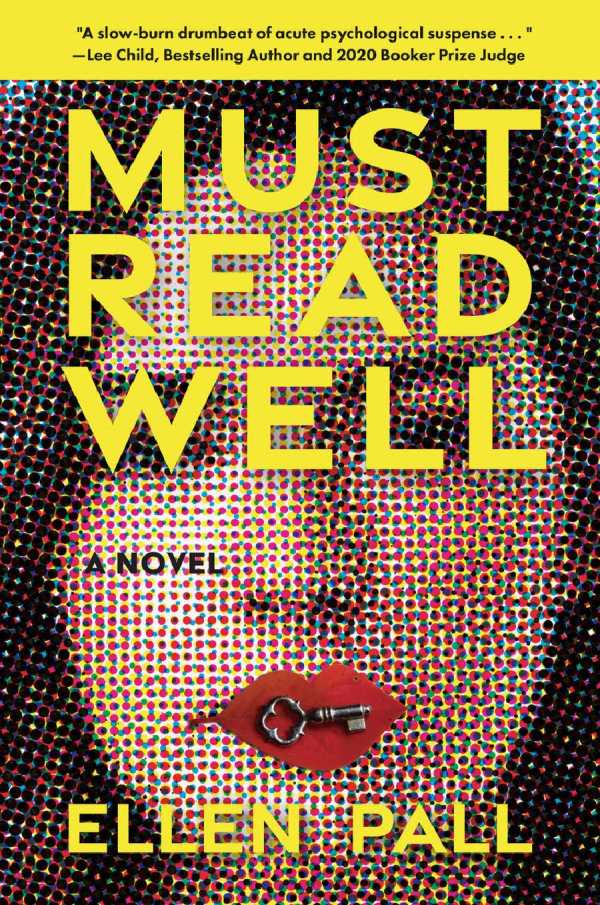Must Read Well
In Ellen Pall’s absorbing novel Must Read Well, a trip down memory lane proves to be both emotional and treacherous.
At Columbia, Elizabeth struggles to write her dissertation on famous feminist writers. She’s coming up short on information about landmark novelist Anne Weil, who now lives in seclusion in Greenwich Village and refuses to answer her inquiries. When Anne places an ad for a cheap live-in tenant who will also read to her, Elizabeth jumps at the opportunity. She poses as an innocent renter, plotting to gain access to Anne’s private journals and complete her research. But as Elizabeth reads the journals to Anne at her request, a buried tragedy comes to light, and an unusual bond forms between the two women.
Elizabeth narrates, and there are subtle, effective shifts in her tone as her original plan gives way to doubts, sympathy, and plain curiosity. Much of the book is also devoted to Anne’s recollections of the 1960s, especially an illicit affair that’s described in terms of frank sexuality and emotional tumult. In the process, parallels are drawn between Elizabeth and Anne: both are betrayers and betrayed, and they are similar in their intelligence and their passion for their work. If they have any hope of redemption, both must accept a measure of responsibility for their actions. They are flawed, but their humanity is centered.
Though the novel revolves on obsession, it also includes dark humor via Anne’s sardonic personality and Elizabeth’s mounting desperation. It builds toward a late twist and a resonant conclusion that indicates that people are more than the sum of their experiences. Must Read Well is an incisive novel about reckoning with the past.
Reviewed by
Ho Lin
Disclosure: This article is not an endorsement, but a review. The publisher of this book provided free copies of the book to have their book reviewed by a professional reviewer. No fee was paid by the publisher for this review. Foreword Reviews only recommends books that we love. Foreword Magazine, Inc. is disclosing this in accordance with the Federal Trade Commission’s 16 CFR, Part 255.

